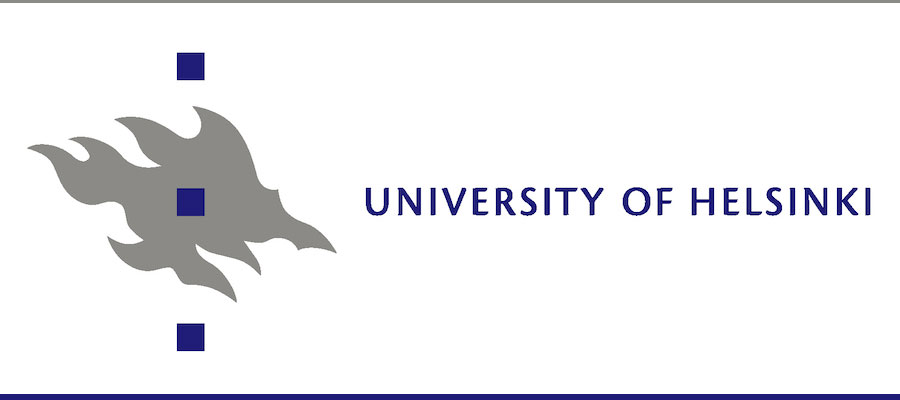The project “Digital Grammar of Greek Documentary Papyri” (PapyGreek) at the University of Helsinki will run from March 2018– February 2023 and is directed by Dr. Marja Vierros. It is funded by the European Research Council (ERC-Starting Grant 2017). The project creates a digital grammar of Greek documentary papyri. It fills a void in Greek scholarship: the papyrological corpus represents the Post-Classical variety of Greek, a bridge between Classical and Medieval Greek, which has hitherto been very difficult to use as a source for studying historical linguistics. This project will develop new digital methods for studying this fragmentary but vast text corpus.
Faculty of Arts invites applications for a position of DOCTORAL CANDIDATE to the PapyGreek project for a fixed term of up to 4 years, starting in the fall of 2018.The selected doctoral candidate will also need to apply for acceptance in the Doctoral Programme for Language Studies at the Faculty of Arts during the fall application period. The candidate’s main duties will consist of PhD studies and writing of a dissertation.
The doctoral candidate will study a topic of his/her choice within the historical development and linguistic variation of Greek in Egypt (e.g. certain morphosyntactic variation as a sign of bilingualism), by way of producing a selected, morphosyntactically annotated corpus of documentary papyri, according to Dependency Grammar. The candidate’s duties include participation in regular team meetings and presenting his/her research at seminars and academic conferences. The candidate is expected to also take part in designing the online portal that presents the results of the project.
The appointee to the position of doctoral student must hold a Master’s degree in a relevant field and must subsequently be accepted as a doctoral candidate in the Doctoral Programme mentioned above. A solid knowledge of Ancient Greek is essential. Experience in linguistic annotation, corpus linguistic methods or programming are an asset, but not a requirement. The appointee must have the ability to conduct independent scientific research. The candidate should have excellent analytical and methodological skills, and be able to work both independently and collaboratively as part of a multidisciplinary scientific community. The successful candidates are expected to have excellent skills in written and oral English. Skills in Finnish or Swedish are not required. Relocation costs can be negotiated and the director will offer help and information for the practicalities, if needed.
